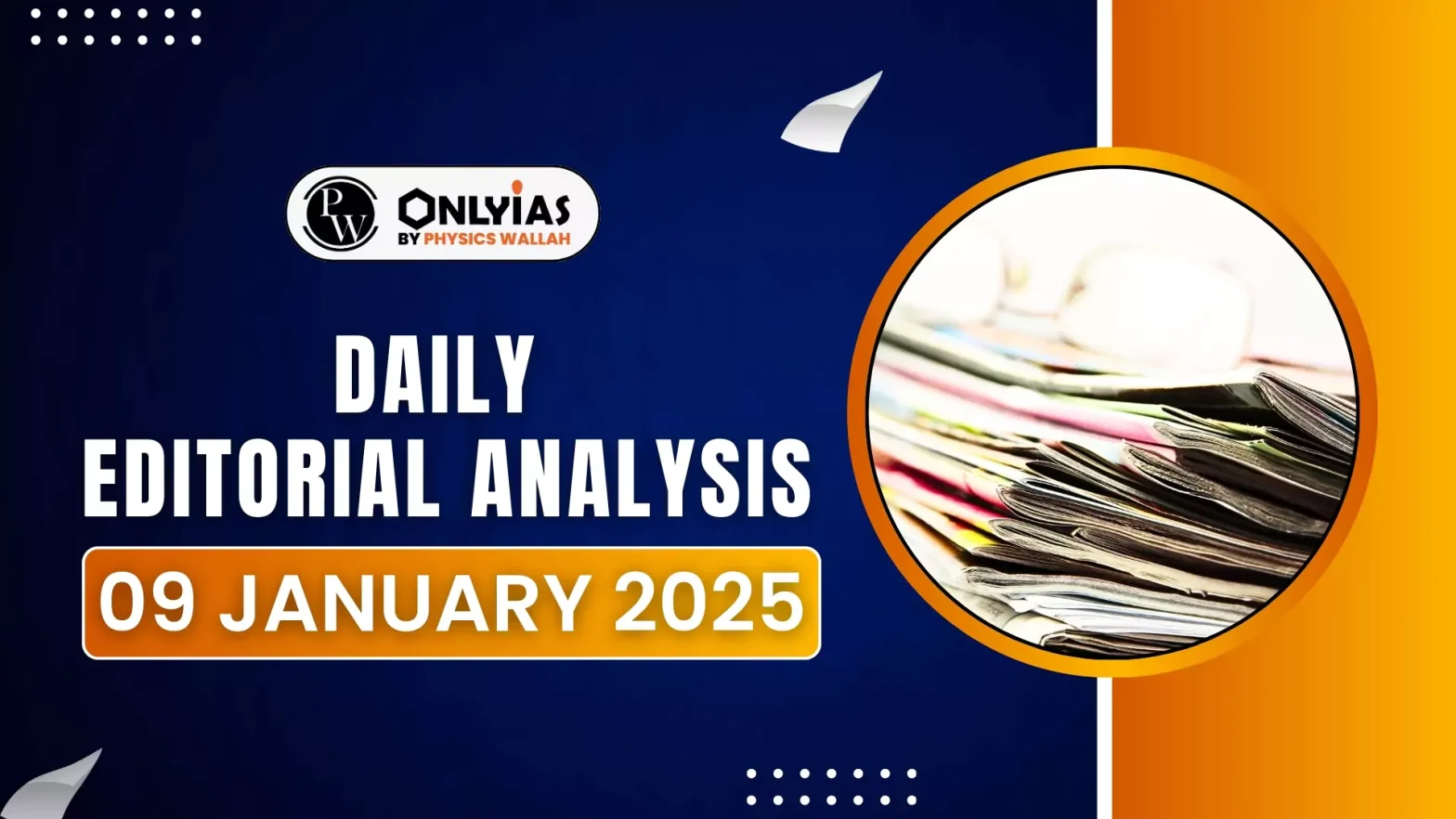Recent reports from Jharkhand, Odisha, and Bihar reveal major issues in the Public Distribution System (PDS), with many households excluded from PDS rolls and denied essential rations.
Challenges Associated with the PDS System
- Issues with Ration Cards: The Musahar community, one of the most marginalized caste groups in Bihar, faces acute struggles with the PDS.
- Many Musahar households in Patna district lack active ration cards. Even when ration cards are available, they often exclude some family members.
- Problems with Biometric: Mandatory biometric verification has resulted in many losing access to rations. Names are often struck off the PDS rolls, forcing individuals to apply for new ration cards.
- Quality Issues: Corruption within the PDS is widespread, further undermining its effectiveness. Households with Priority Household (PHH) ration cards receive only four kilograms of food grain per person instead of the mandated five kilograms.
- The rice distributed is often of the lowest quality (Usna rice), while no wheat is issued.
- Documentation Hurdles: Enrollment in PDS is plagued by unnecessary documentation demands: While Bihar offers both paper-based and online applications, officials demand caste, income, and residence certificates, which lack legal backing under the National Food Security Act (NFSA), 2013, and the PDS Control Order, 2015.
- Similar documentation requirements exist in Jharkhand, Uttar Pradesh, and Madhya Pradesh.
- These demands are an oversight in digitized systems, creating barriers to access for vulnerable populations.
- Exploitation by the Middlemen: Vulnerable communities, particularly the Musahars, lack resources or knowledge to navigate online systems.
- Middlemen exploit them by charging over ₹3,000 for ration card processing. In many cases, neither the card is issued nor the middleman traceable after payment.
- Delays in Ration Card Issuance: The 2015 order mandates that ration cards be issued within 30 days of application. However many applications remain pending for 4 to 18 months, depriving individuals of their basic means of subsistence.
- Systemic Failures: The government’s inability to address systemic flaws has created a bureaucratic maze, denying people access to essential food.
- Excessive Red tapism: Despite the right to food being recognized as a fundamental right in 2001 (People’s Union of Civil Liberties vs Union of India), excessive red tape has hindered its implementation, impacting those it is meant to help.
Check Out UPSC Modules From PW Store
Conclusion
Improving universal PDS enrollment and minimizing documentation requirements would foster greater inclusivity. Tackling corruption, streamlining procedures, and implementing effective grievance redressal systems can enhance access to rations.
![]() 9 Jan 2025
9 Jan 2025
